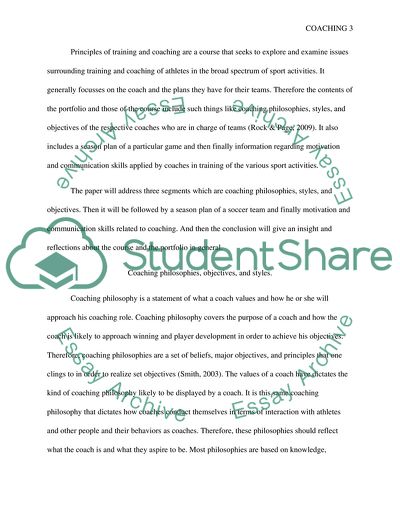Cite this document
(Coaching Portfolio: Philosophies, Communication and Motivation Case Study, n.d.)
Coaching Portfolio: Philosophies, Communication and Motivation Case Study. Retrieved from https://studentshare.org/professional/1876867-coaching-portfolio
Coaching Portfolio: Philosophies, Communication and Motivation Case Study. Retrieved from https://studentshare.org/professional/1876867-coaching-portfolio
(Coaching Portfolio: Philosophies, Communication and Motivation Case Study)
Coaching Portfolio: Philosophies, Communication and Motivation Case Study. https://studentshare.org/professional/1876867-coaching-portfolio.
Coaching Portfolio: Philosophies, Communication and Motivation Case Study. https://studentshare.org/professional/1876867-coaching-portfolio.
“Coaching Portfolio: Philosophies, Communication and Motivation Case Study”, n.d. https://studentshare.org/professional/1876867-coaching-portfolio.


